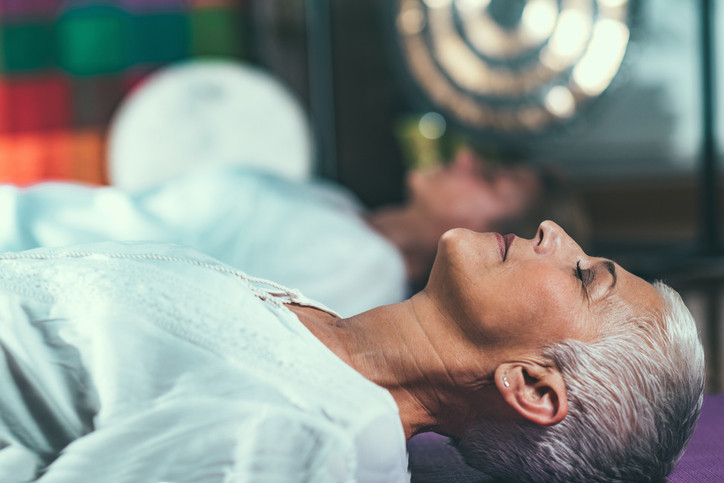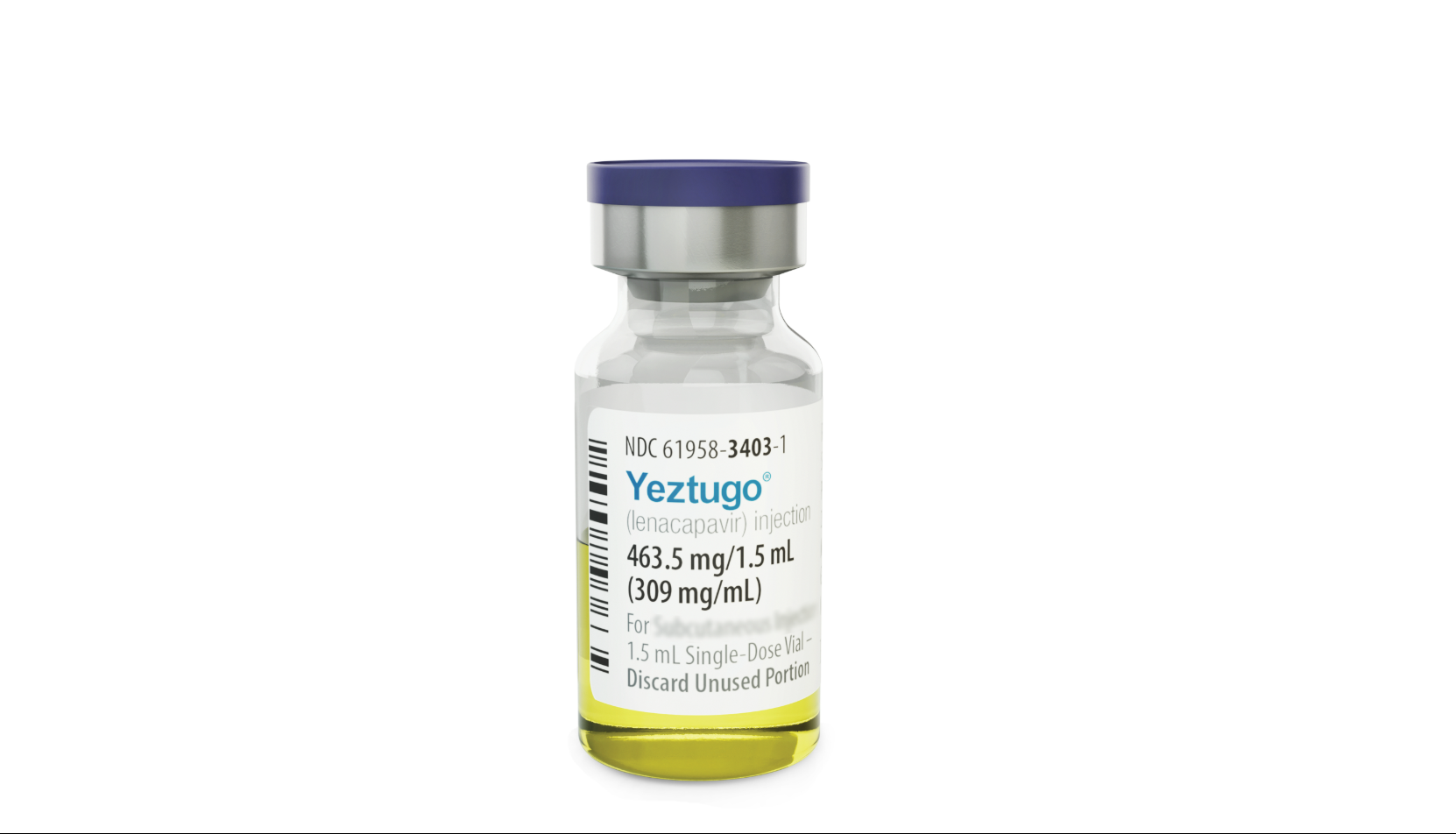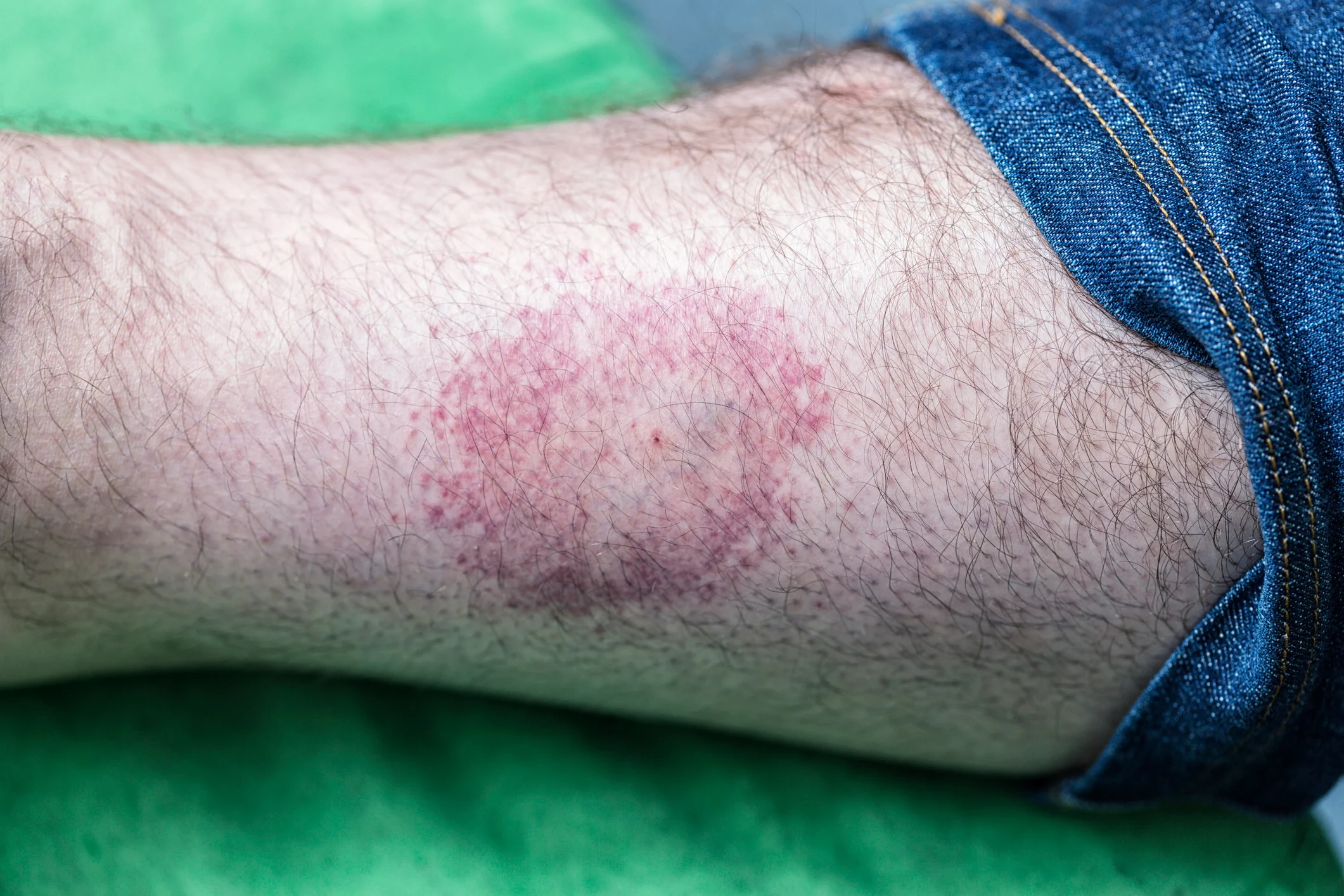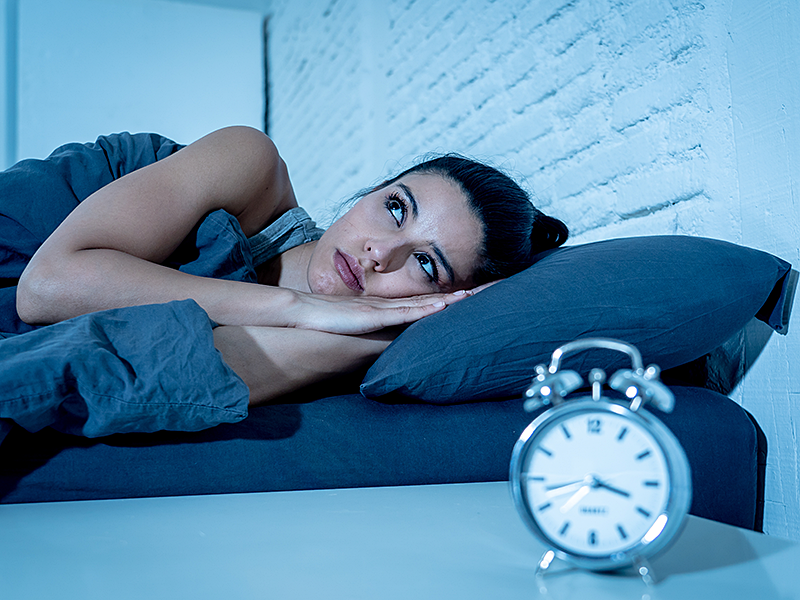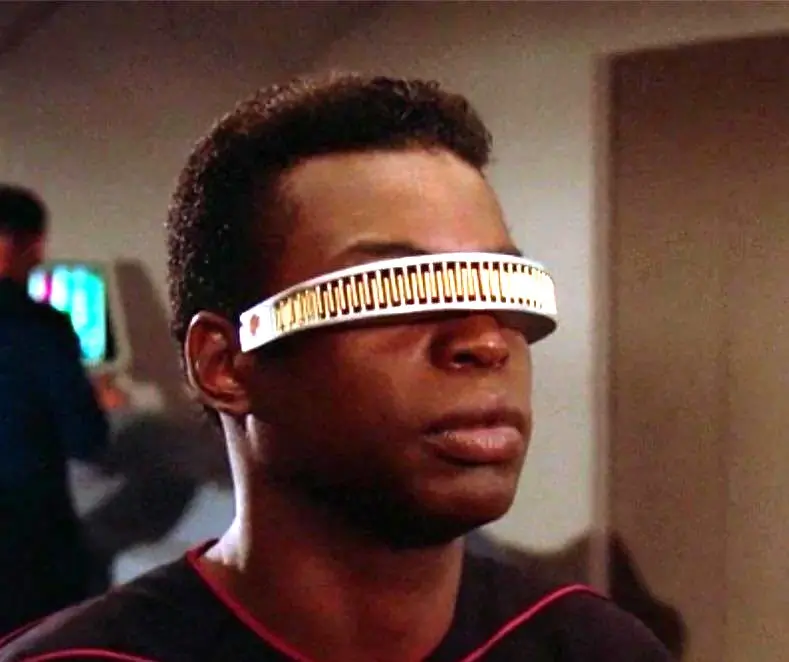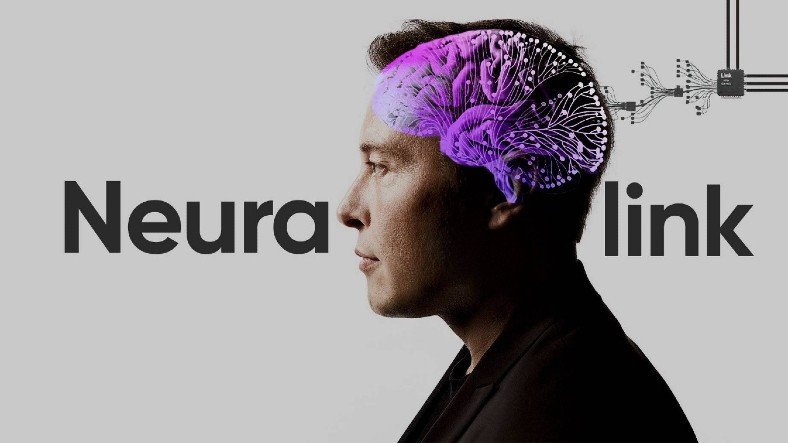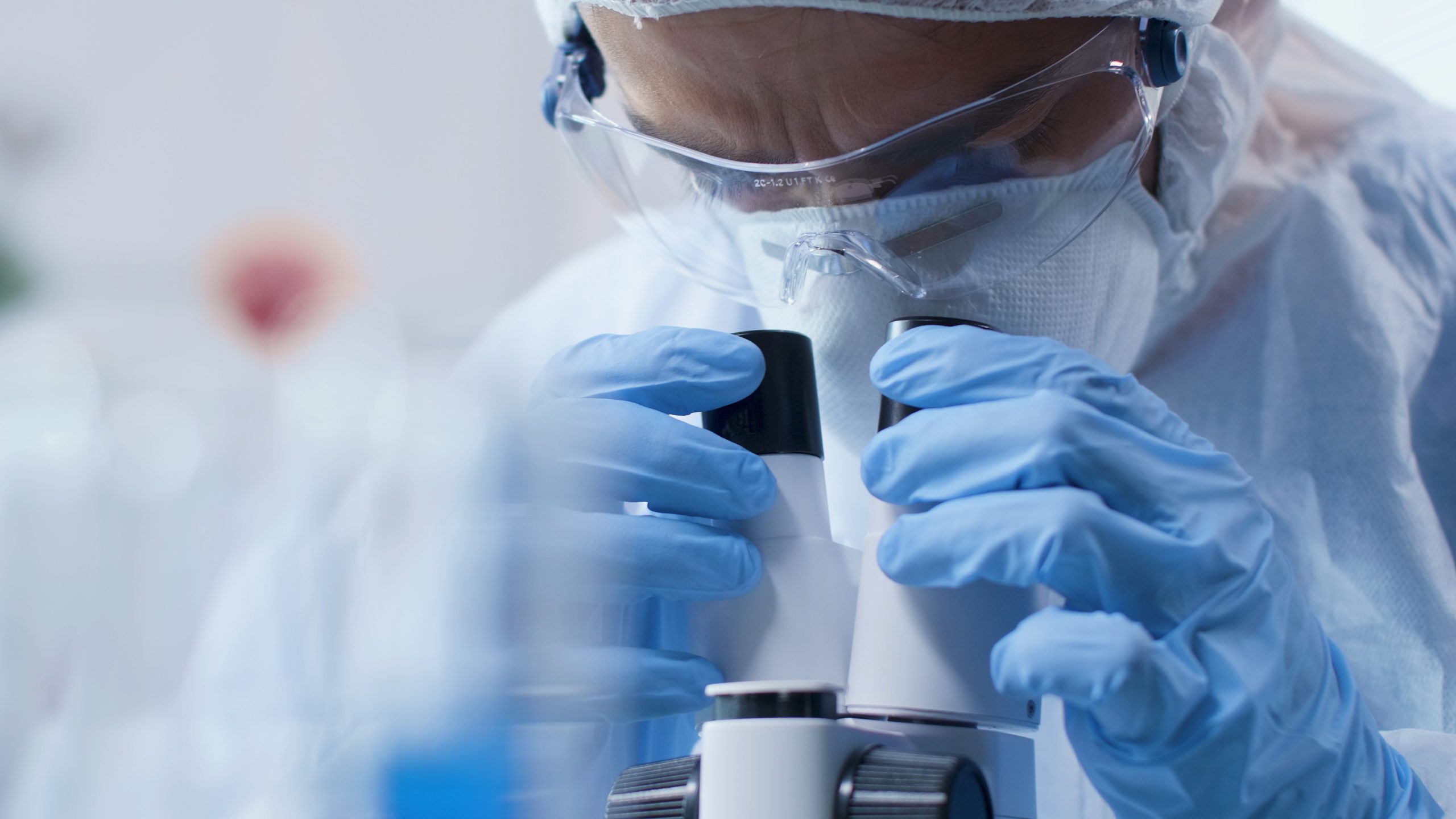Endorphins can also release stress and create a feeling of well-being.
The body’s natural painkillers are endorphins. Endorphins are peptide hormones released by the hypothalamus and pituitary gland in reaction to pain or stress. They relieve pain while also creating a general sense of well-being.
The term “endogenous morphine” inspired the naming of these hormones. They’re called “endogenous” since they’re made in our bodies. Morphine is the name of the opioid painkiller that they imitate.
There are around 20 different types of endorphins. The best studied of these is beta-endorphin, which is the one associated with the runner’s high. When we laugh, fall in love, have sex, or simply eat a good meal, endorphins are released.
How to release endorphins
These exercises will help you release more endorphins in your body:
- Exercise: Endorphins tend to be released best at a reasonably intense tempo, whether you’re walking fast or doing another aerobic activity.
- Acupuncture: Pressure points are an excellent strategy to release endorphins. Endorphins are released when fine needles are inserted into the skin at certain places on the body.
- Meditation: Breathing deeply and concentrating your thoughts helps to relax your mind and relieve pain.
- Sex: These hormones are responsible for the euphoric feeling many of us experience after having sex. Endorphins, according to experts, boost the release of other hormones involved in love sensations.
- Playing music: You do more than entertain others when you sing, dance, or beat a drum. You also release a burst of endorphins, which may help you tolerate pain better, according to research.
- Laughter: A nice belly laugh may make a huge difference in your mood. Laughter affects serotonin and dopamine levels in addition to releasing endorphins.
- Ultraviolet light: It’s no surprise that spending time outside in the sun makes some individuals happy. The release of beta-endorphins in the skin is stimulated by ultraviolet light.
Endorphins is just one of the four feel-good hormones.
Source: Harvard Health Publishing

